Professor Spotlight: Dr. Andrew Crooke
Andrew Crooke is an adjunct professor of English at Moravian. He earned an B.A. in English at Cornell University, and an M.A. and Ph.D. from the University of Iowa.
What inspired you to go into your field of study?
Although my initial intellectual fascination was history, a few inspiring high school teachers steered me toward English. I remember delving into Faulkner’s novel “As I Lay Dying” the summer before my senior year and thinking to myself, “Ah! So this is literature!” Terrific college professors at Cornell cemented my passion for literature and creative writing in multiple genres, especially fiction. Before heading to grad school in Iowa, I worked at an independent bookstore in Pittsburgh, which continued to fuel my love of literature. By then I was unabashedly devoted to the impractical pursuit of literary interpretation as my lifelong vocation.
What research are you currently working on?
Along with my broader concentration on place-based writing and American literature from the Civil War to the present, much of my research has focused on photo-textual representations of poverty. For instance, my dissertation analyzed writer-photographer collaborations from the United States and Europe. Specifically, I centered on “Let Us Now Praise Famous Men” by James Agee and Walker Evans, an unclassifiable book about tenant farmers in Alabama during the 1930s, which I compared with several books (about a country doctor, migrant workers, and Alpine peasants) by British writer John Berger and Swiss photographer Jean Mohr. More recently I have been examining William T. Vollmann’s study “Poor People” as an extension of my concern with the aesthetic and ethical challenges of portraying these subjects.
What do you think is the most recent important development in your field of study?
Some of the most exciting literary criticism now emerging is fundamentally interdisciplinary. For example, fusions of Southern or Appalachian or other regional approaches to literature with visual studies or environmental studies. My particular interests in Native American and African American literature are also fostered by all the great creative work currently being produced in those fields.
What job would you have if you couldn’t be a professor, regardless of salary and job outcome? Why?
I was raised in Bucks County as the son and grandson of dairy farmers, so that’s an occupation (or rather livelihood) I deeply respect and often feel guilty about not pursuing myself. I also wish I could be a wildlife photographer, naturalist, or cartographer, mainly because I’m a National Geographic junkie who enjoys poring over pictures and maps with my five younger brothers.
What do you know now that you wished you knew when you were in college?
Sometimes I’m not sure whether I actually know more now than I did then. Having hit forty, however, I’ve gained a deeper appreciation for the various phases of life as well as the sense of continuity among them.
What is your biggest student pet peeve?
Despite my admittedly ambitious syllabi, I am disappointed when students do not engage in the close reading practices that I try to encourage in my courses. On the other hand, I’m gratified when they do.
What was the last streaming show that you binge-watched or the last good book that you read?
Since the material I teach is usually what I’d read for pleasure anyway, I’ll mention two novels that I’ve been rereading enthusiastically in preparation for teaching them at the end of this semester: “There There” by Tommy Orange and “All the King’s Men” by Robert Penn Warren.
What is something interesting about you that most people don’t know?
I began playing ultimate frisbee in college. Every summer my team of old friends, the Yellow Submarine, competes in and often wins a beach ultimate tournament in Wildwood, though we may be hanging up our hats now that we’re over the hill.
What’s your spirit animal and why?
Probably a cow, because I grew up milking them and because I married into a Hindu family, for whom cows are sacred.
What is your favorite activity to do during the COVID-19 quarantine?
Gardening and kicking around soccer balls in the backyard with my three kids.


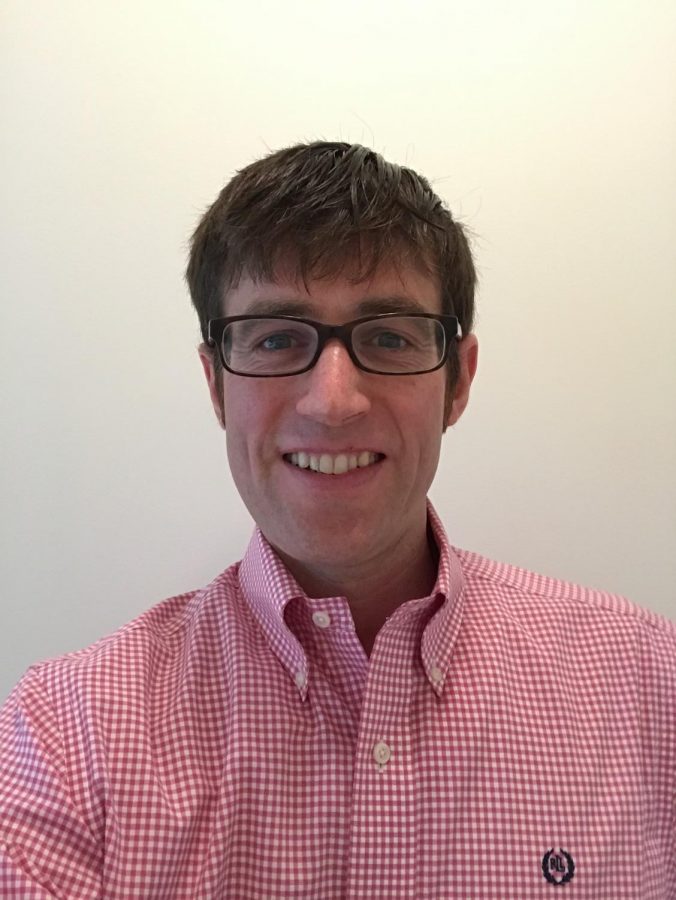
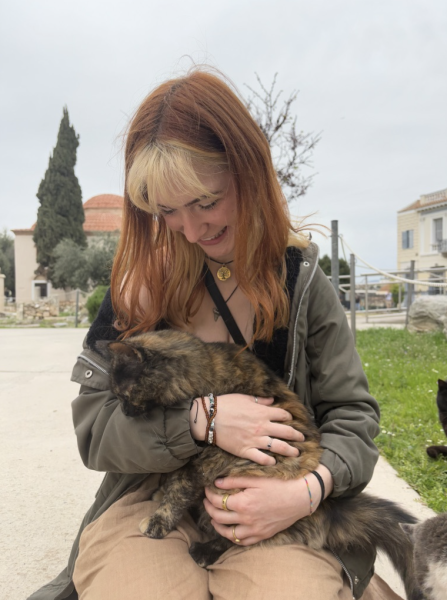
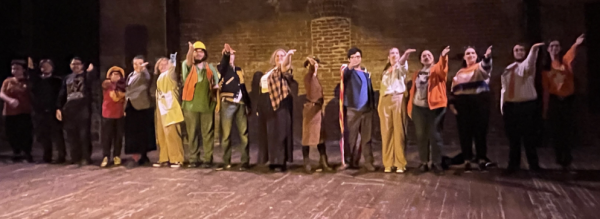
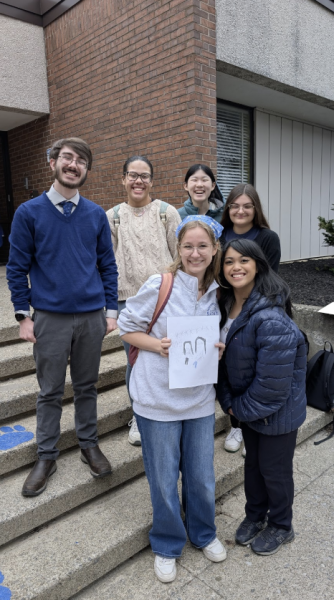
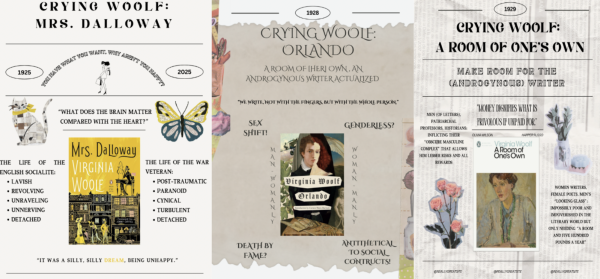
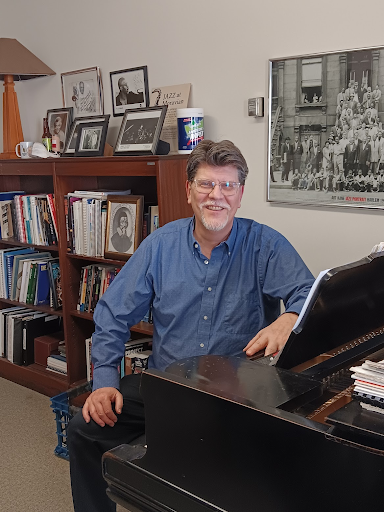
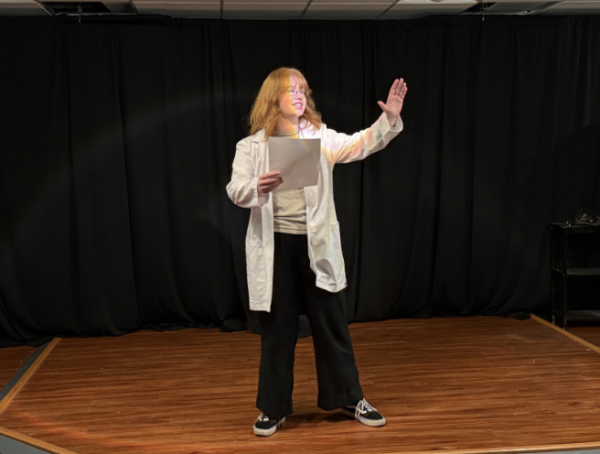
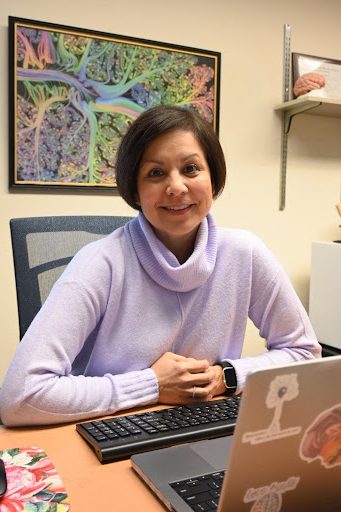
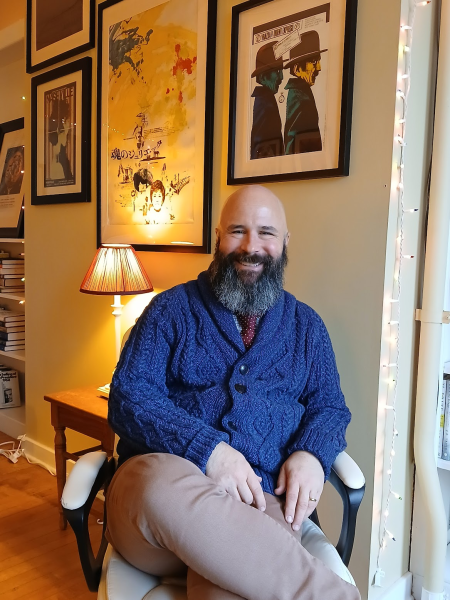
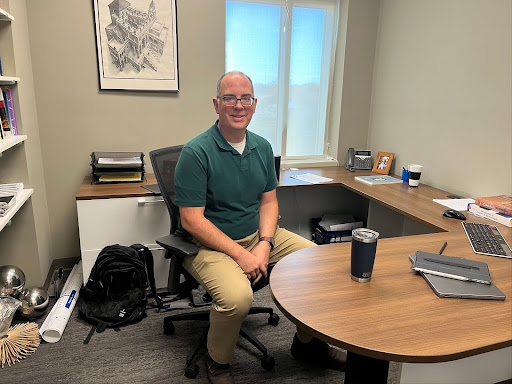
Joyce Hinnefeld • May 2, 2020 at 1:15 pm
What a lovely interview! Thank you for this, Elizabeth–and how great to learn more about your life and interests., Dr. Crooke. Ultimate frisbee–who knew?!